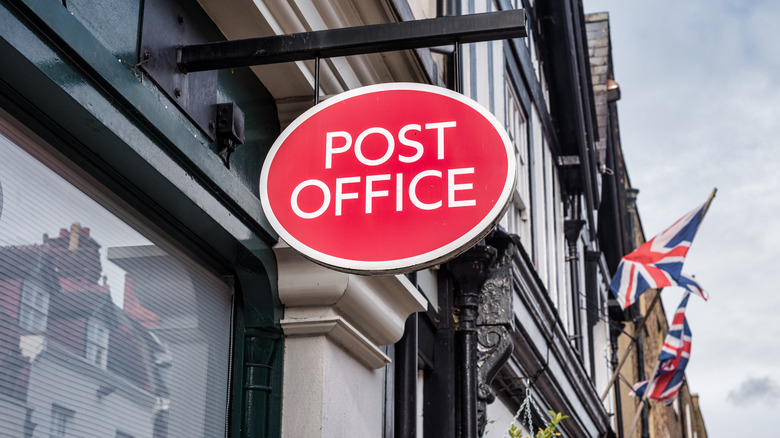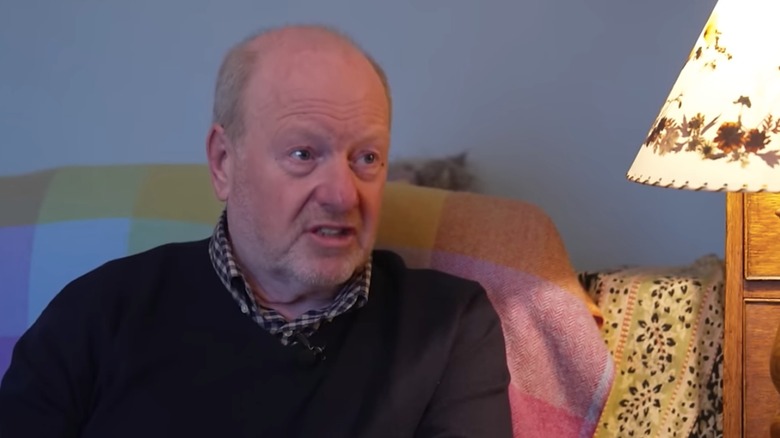Who Is Alan Bates, The British Post Office Scandal Whistleblower?
In January 2024, Alan Bates, a 68-year-old former sub-postmaster from the U.K. who had lived his life in relative anonymity, suddenly found himself hailed a hero up and down the country. His story and those of hundreds more like him had just the night before been broadcast on national television, in the form of a drama titled "Mr Bates vs The Post Office," which aired on the British commercial channel ITV.
The TV show focuses on one of the most jaw-dropping miscarriages of justice to hit the headlines in the U.K. in recent memory. Known as the Horizon Scandal or the Post Office Scandal, the story begins in the late 1990s when the British Post Office began accusing hundreds of its postmasters — private businesspeople who offer Post Office services from their business, usually convenience stores — of stealing funds handled on behalf of the organization.
Bates, who in 1998 had relocated to the Welsh town of Llandudno with his wife Suzanne to run a shop with a Post Office counter, was one of those accused of discrepancies in his accounts, which seemed to show he had stolen thousands of Great British pounds. The battle cost the Bates their business, but Alan Bates knew that he was in the right and that there was another explanation for the lost funds — especially as hundreds of other sub-postmasters were now finding themselves facing similar accusations, with life-destroying consequences.
A longtime campaigner
It soon became clear to Alan Bates that the problem wasn't in his accounts — it was in a new computer system that the Post Office had introduced to its sub-postmasters in 1999, called Horizon. As was later revealed after tireless campaigning by the accused postmasters and investigative journalists, the discrepancies were the result of bugs in the software, which would duplicate transactions and add more sales even when buttons were pressed on a frozen screen. The result looked like far more money had passed through the businesses affected than had in reality. But even when the reality of what had befallen the sub-postmasters was brought to the attention of the Post Office and took them to court, representatives lied about the functionality of the Horizon software and continued to claim the sub-postmasters were at fault. In 2009, Bates and 30 of his fellow sub-postmasters set up The Justice For Subpostmasters Alliance, which since then has been the driving force behind the campaign to get the truth known.
Tragically, as the years passed and the Post Office failed to own up to any fault in their systems, the affected sub-postmasters were left to face legal action, debt, bankruptcy, and jail time. It is believed around 700 individuals were wrongly accused in the course of the Horizon scandal. Of those, four died by suicide. The story continued to simmer under the radar of the mainstream newspapers. However, the Horizon scandal and its cover-up were kept somewhat visible by years of reports by Computer Weekly, the satirical magazine Private Eye, and The Guardian columnist Marina Hyde, among others, who amplified Bates' campaigning.
Recognition
ITV's "Mr. Bates vs. The Post Office" – the trailer of which you can watch above — made an immediate impact on the surviving victims of the Horizon scandal, who after many years of campaigning, finally saw their plight become one of the UK's biggest stories. It wasn't news — it had been nearly a quarter century since the introduction of Fujitsu's Horizon technology which ruined the lives of hundreds of sub-postmasters — but the public's response to the prime-time show finally saw the scandal enter mainstream discourse in a way it had never before.
Suddenly, government ministers — many of whom must surely have been aware of the scandal — were beginning to talk about it, and joining the chorus who argued that those responsible for the cover-up ought to face justice. They were also effusive in their praise for Bates himself, who was quite rightly labeled a hero across the media for his tireless campaigning to bring the truth to light.
On January 6, 2024, British Prime Minister Rishi Sunak announced that the government planned to pass a new law that would formally exonerate all those who had been wrongly accused in the Horizon scandal. In a move that critics of the government saw as cynical electioneering but which nevertheless reflected the mood of the nation, Sunak also stated that he backed Bates to receive a knighthood.

